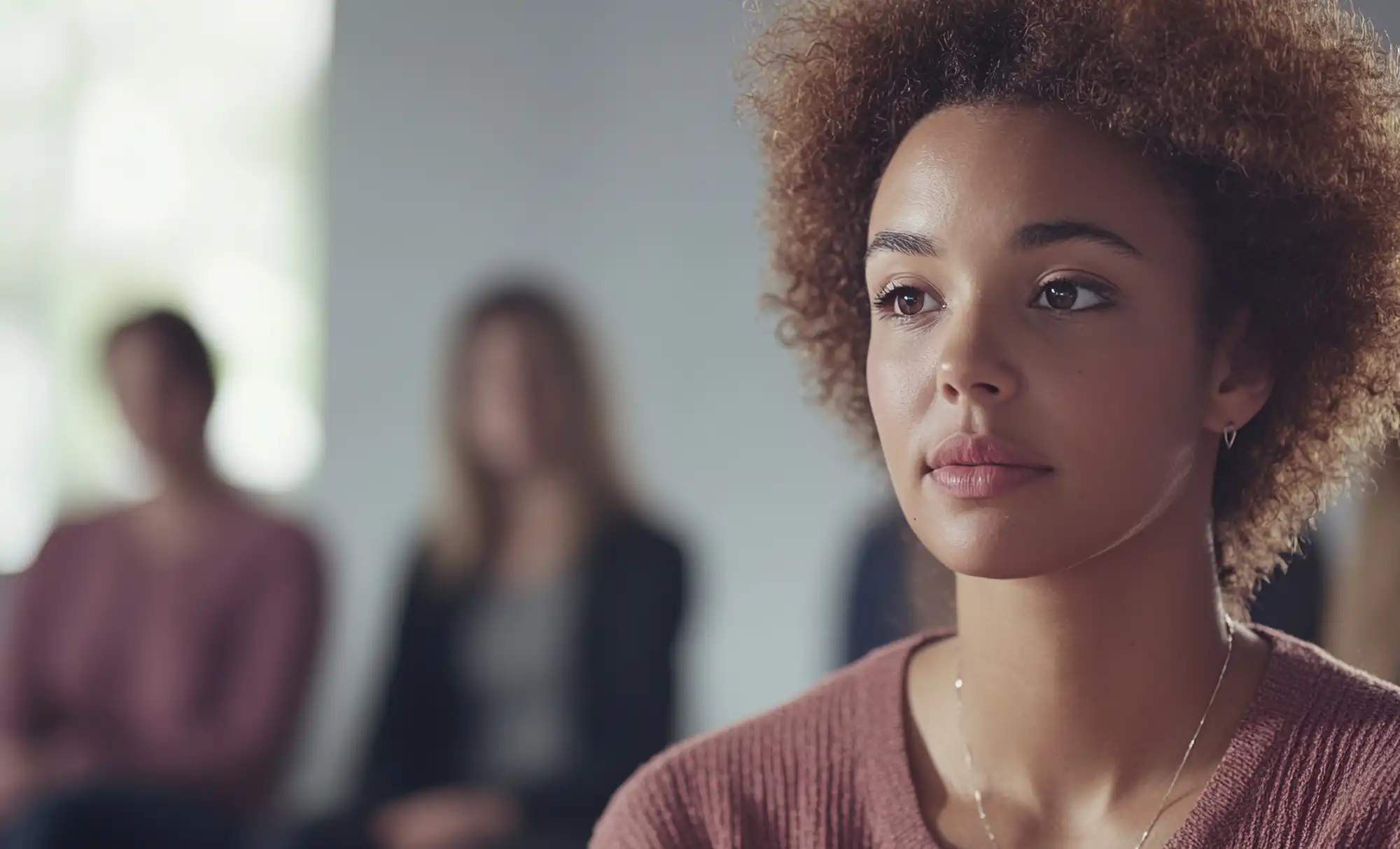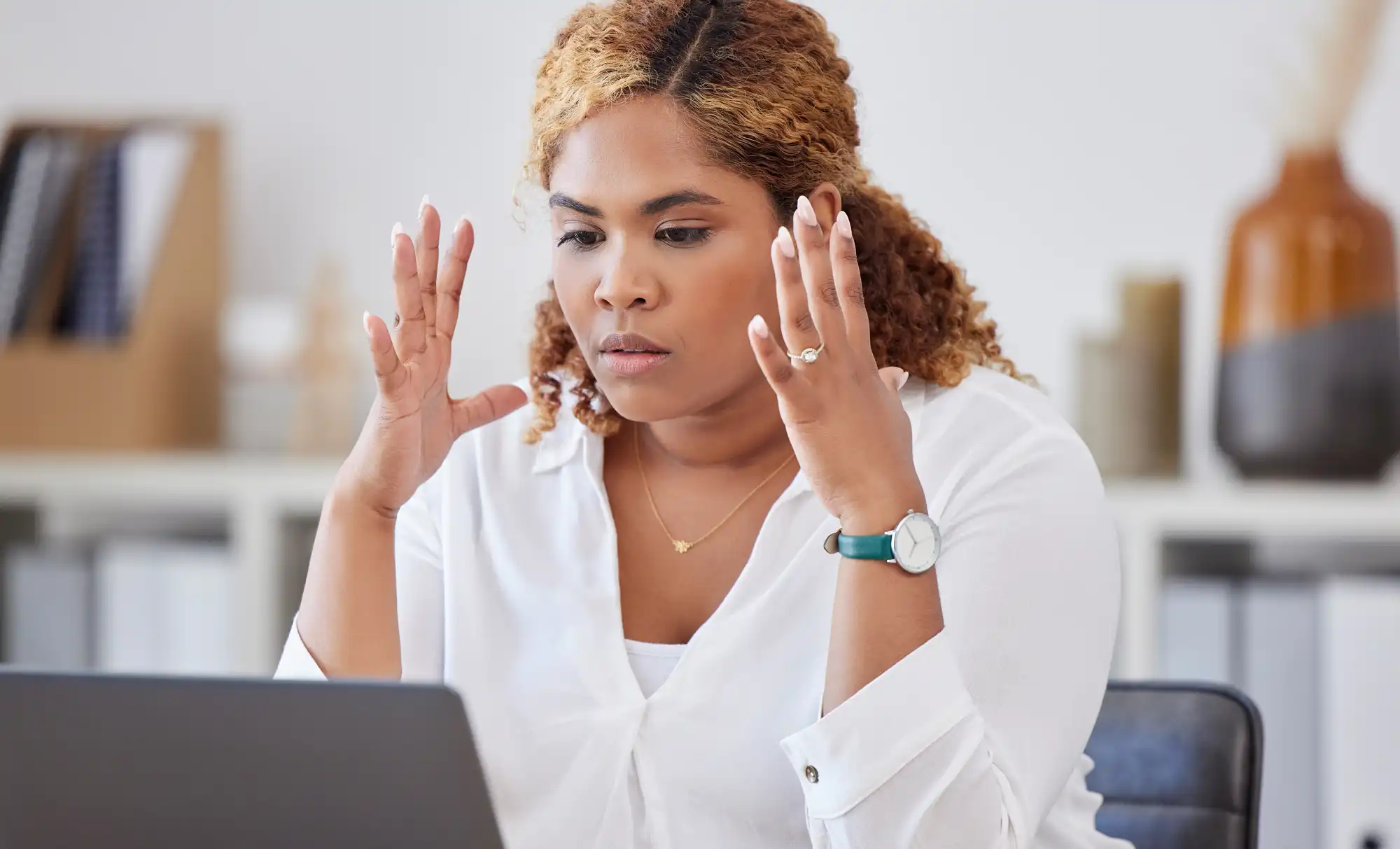Understanding Mild Depression
Mild depression (sometimes called dysthymia or persistent depressive disorder) doesn’t always look like sadness. It can show up as:
- Low energy or fatigue
- Irritability or difficulty concentrating
- Loss of interest in things you used to enjoy
- Feeling "meh" most of the time
- Struggling to motivate yourself, even for small tasks
Even if your symptoms aren’t severe, they can weigh you down over time. You don’t have to wait until things get worse to seek help.
Why Counseling Helps
Talking to a counselor can be a powerful first step. Through a supportive and non-judgmental space, you can:
- Understand what’s behind your feelings
- Identify patterns that are keeping you stuck
- Learn coping skills to manage low moods
- Set goals that feel realistic and meaningful
Counseling isn’t just about talking — it’s about making changes that fit your life, at your pace.
What Is CBT — and How Does It Work?
Cognitive Behavioral Therapy (CBT) is one of the most effective, research-backed treatments for mild depression. It focuses on the connection between thoughts, feelings, and actions.
Here’s how CBT helps:
- Identifying unhelpful thoughts – Learn to spot the automatic thoughts that drag your mood down (like “I’ll never feel better” or “I’m not good enough”).
- Challenging negative thinking – Replace those thoughts with more balanced, realistic ones.
- Building new habits – Set small goals, take action, and track your progress.
- Strengthening resilience – Develop tools you can use any time your mood dips again.
CBT is practical and goal-oriented, which makes it especially helpful if you’re feeling stuck but ready to move forward.
Real Outcomes, Real Hope
People who seek counseling or CBT for mild depression often report:
- Improved mood and energy
- Better sleep and focus
- Feeling more connected to themselves and others
- Increased confidence and self-awareness
- A renewed sense of purpose and hope
Even small shifts — like feeling more motivated to get out of bed, or enjoying things again — can make a huge difference in your quality of life.
Ready to Start?
If you’ve been feeling low, stuck, or just not quite yourself, you’re not alone — and you don’t have to figure it out by yourself. Whether you try individual counseling, CBT, or join one of our supportive online groups, you’re taking a powerful step toward healing.
Change is possible — and it starts with one small choice to care for yourself.
Remember – one cannot pour from an empty cup! Starting treatment for depression helps you show up in your life and for your loved ones!
No matter what's weighing on you, we have someone who understands.
%408x.png)

.svg)





